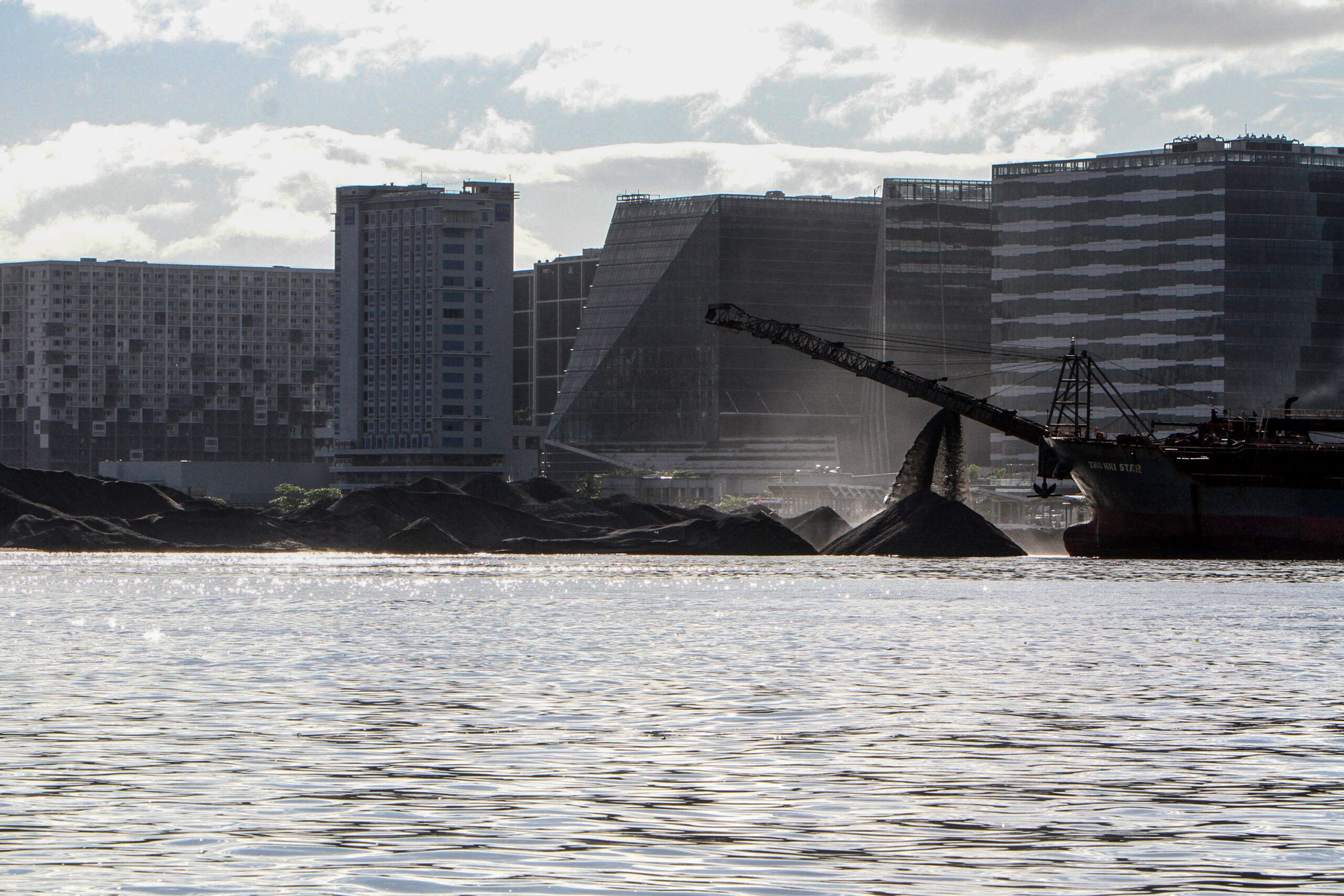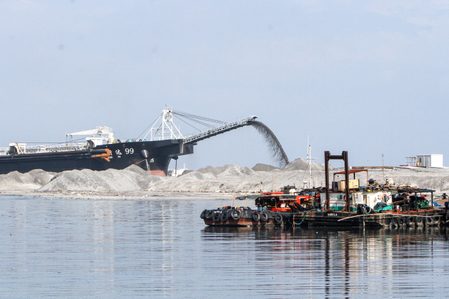SUMMARY
This is AI generated summarization, which may have errors. For context, always refer to the full article.

MANILA, Philippines – The Philippine Reclamation Authority (PRA) admitted on Wednesday, September 27, that there were many illegal reclamation projects throughout the country, some involving local governments.
In a Senate hearing on Wednesday, Senator Risa Hontiveros asked the status of reclamation projects, specifically the Coron Bay Development Project in Palawan.
PRA assistant general manager Joseph John Literal said the 22 hectares of the site were already forfeited by the PRA during the time of former president Rodrigo Duterte because of reclaiming land without observing the proper procedures.
According to Literal, the first 10 hectares of the site reclaimed by the Palawan provincial government is now the site of a government center. The provincial government had to apply at the PRA for regularization, submitting the necessary requirements only after the fact.
“Ito po ‘yung next function ng PRA. Marami po kasing illegal and unauthorized [projects] nationwide,” said Literal. (There are many illegal and unathorized projects nationwide.)
Regularization is the term for the process where the reclaimer is given the chance to submit requirements before total forfeiture. The procedure is followed by the PRA when local government units, using public funds, illegally reclaim land.
“Nagkaroon po ng post-compliance,” Literal explained. “What happened is ang tawag po namin dito is regularization because public funds po ang ginamit.”
(There is post-compliance. What happened is what we call regularization because public funds were used.)
The PRA defines illegal reclamations as completed or ongoing reclamations that did not obtain approval from them or from the President of the Philippines.
Unauthorized reclamations are the same, but have secured one or a combination of an environmental compliance certificate, area clearance, secretary’s certificate from the concerned governing board of a government-owned or-controlled corporation, or a tenurial instrument.
Senator Risa Hontiveros said she was glad to hear the confession from the PRA itself, but can’t help lamenting the status quo.
“Parang government is just making the best out a bad situation,” said Hontiveros.
“Masakit pa ring pakinggan…dahil ginamit ang public funds na galing sa buwis ng mamamayan…pero ginamit sa illegal, sa unauthorized, so aayusin na lang.”
(It’s like the government is just making the best out of a bad situation. It’s painful to hear. Just because we used public funds from the taxes of our citizens.. but this is for illegal, unauthorized activities, so we just have to make do.)
The Senate hearing questioned the process of how reclamation projects in the country get approval from the PRA and the Department of Environment and Natural Resources (DENR). The government has recently suspended all projects in Manila Bay, as these are undergoing assessment and compliance review by the DENR.
– Rappler.com
Add a comment
How does this make you feel?

There are no comments yet. Add your comment to start the conversation.